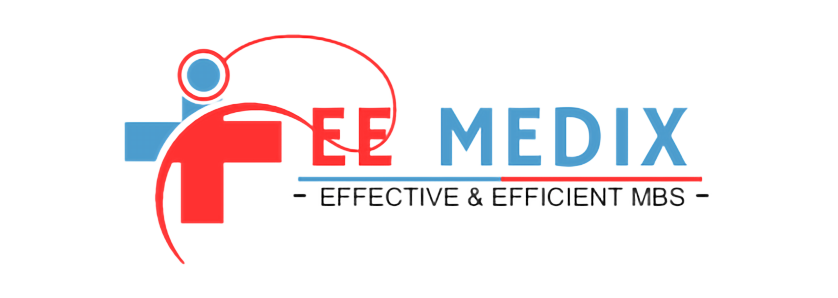In the dynamic landscape of business operations, optimizing the revenue cycle is paramount for sustained success. A robust revenue cycle not only ensures financial stability but also contributes to the overall health of an organization. In this comprehensive guide, we delve into key strategies to enhance the revenue cycle, outlining what makes a healthy revenue cycle, how to excel as a revenue cycle manager, and the primary factors affecting effective revenue cycle management.
How Can We Improve the Revenue Cycle?
Embrace Technological Advancements
In the modern era, leveraging cutting-edge technology is pivotal for enhancing the efficiency of the revenue cycle. Implementing a robust revenue cycle management system can streamline processes, reduce errors, and facilitate seamless communication between different departments. Automation of billing, coding, and claims processing not only expedites tasks but also minimizes the risk of human error, contributing to a more efficient revenue cycle.
Enhance Data Accuracy and Integration
Accurate and integrated data play a crucial role in improving the revenue cycle. Implementing a centralized data management system ensures that information flows seamlessly across various stages of the revenue cycle. This integration minimizes discrepancies, improves billing accuracy, and accelerates the reimbursement process. Regular audits and checks should be in place to guarantee data accuracy, preventing potential bottlenecks in the revenue cycle.
Optimize Patient Engagement
An often underestimated aspect of revenue cycle management is patient engagement. Educating and engaging patients in the financial aspects of their healthcare journey can significantly impact revenue collection. Clear communication about billing processes, payment options, and financial responsibilities can lead to timely payments and reduced outstanding balances. Implementing user-friendly online portals for bill payments and inquiries enhances patient satisfaction and streamlines revenue collection.
What Makes a Healthy Revenue Cycle?
Timely and Accurate Billing
A healthy revenue cycle begins with timely and accurate billing practices. Billing errors, delays, or discrepancies can lead to payment delays and, in turn, impact cash flow. Implementing stringent billing processes, regular training for billing staff, and utilizing billing software contribute to maintaining accuracy and expediting the billing cycle. Timely submission of accurate claims ensures a steady inflow of revenue, strengthening the overall financial health of the organization.
Proactive Denial Management
Effective denial management is integral to a healthy revenue cycle. Identifying and addressing claim denials promptly prevents revenue leakage. Establishing a robust denial management system involves analyzing denial trends, implementing corrective measures, and providing continuous training to staff. Proactive denial management not only maximizes revenue but also enhances the organization’s responsiveness to evolving payer requirements.
How Can I Be a Good Revenue Cycle Manager?
Stay Informed and Adaptable
To excel as a revenue cycle manager, staying informed about evolving industry trends and regulatory changes is imperative. The healthcare landscape, in particular, undergoes frequent transformations, necessitating adaptability. Engaging in continuous education, attending relevant conferences, and networking with peers contribute to staying ahead in the dynamic field of revenue cycle management.
Foster Collaborative Relationships
Successful revenue cycle management extends beyond individual efforts. Building strong collaborative relationships with various departments, including billing, coding, finance, and clinical teams, fosters a cohesive approach to revenue cycle optimization. Effective communication and a shared understanding of organizational goals contribute to a streamlined and efficient revenue cycle.
What Affects Effective Revenue Cycle Management the Most?
Payer Policies and Regulations
One of the primary factors influencing effective revenue cycle management is the ever-evolving landscape of payer policies and regulations. Revenue cycle managers must stay abreast of changes in reimbursement policies, coding requirements, and billing regulations. Adapting strategies to align with these changes ensures compliance and maximizes revenue realization.
Staff Training and Competency
The competence of the revenue cycle management team significantly impacts its effectiveness. Regular training programs, workshops, and skill assessments are crucial to ensure that staff members are well-versed in the latest industry practices. A knowledgeable and skilled team enhances the accuracy and efficiency of the revenue cycle, contributing to optimal financial outcomes.
In conclusion, optimizing the revenue cycle is a multifaceted endeavor that requires a strategic blend of technology, data management, patient engagement, and effective leadership. Revenue cycle managers play a pivotal role in ensuring the seamless operation of the revenue cycle, adapting to industry changes, and fostering collaborative relationships within the organization. By embracing these strategies, organizations can not only improve their revenue cycle but also position themselves for sustained success in a competitive business environment.

